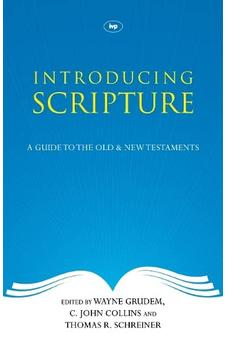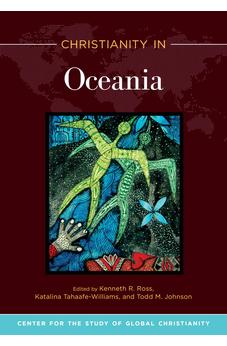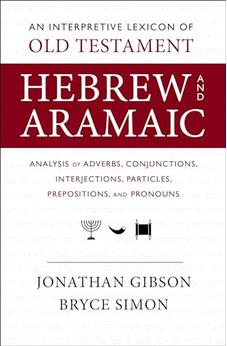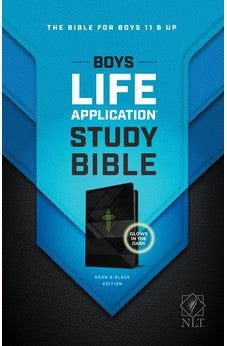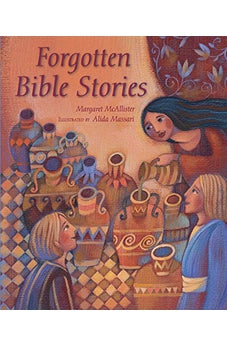The Hebrew Gospel and the Development of the Synoptic Tradition
3 Great Reasons to Buy from Us:
This book offers a new explanation of the development of the first three Gospels based on a careful examination of both patristic testimony to the "Hebrew Gospel" and internal evidence in the canonical Gospels themselves. James Edwards breaks new ground and challenges assumptions that have long been held in the New Testament guild but actually lack solid evidence. Review Markus Bockmuehl - University of Oxford "This landmark study, a decade in the making, advances a bold and fresh interpretation of Gospel origins that seems sure to generate interest, debate, and controversy for some time to come. Against the established 'Two Source' (Mark and 'Q') and the increasingly popular 'Farrer-Goulder' (Mark-Matthew-Luke) hypotheses, Edwards revives an older scholarly fascination with the mysterious 'Hebrew Gospel' that was held in high regard by many church fathers and attributed to Matthew the apostle. Drawing on patient study of patristic quotations and on Semitisms in the Gospel of Luke, Edwards proposes that the Third Evangelist used a single Gospel document in Hebrew both for his special material and for his overall narrative outline (together with Mark and a much more compact 'double tradition' also known to the later canonical Matthew). This is an important and exciting work that offers students an excellent introduction to early Christian views of the Gospel tradition - and it gives Synoptic scholars much to chew on!"Loren T. Stuckenbruck - Princeton Theological Seminary "For a long time, scholarship on the Synoptic Gospels has stalemated around well-worn questions. James Edwards's fascinating and well-researched study opens up an angle that needs to be heard today. This book is a real contribution that will be studied and discussed for years to come!" About the Author James R. Edwards is the Bruner-Welch Endowed Professor of Theology at Whitworth University in Spokane, Washington. His other books include Is Jesus the Only Savior? the 2006 Christianity Today Book of the Year in Apologetics.




